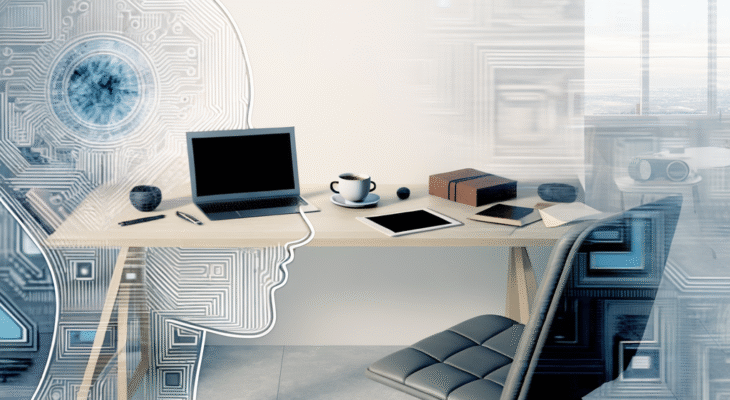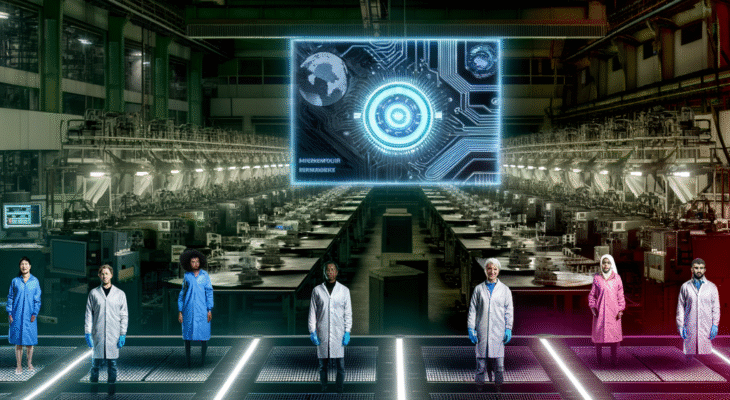The Impact of AI on Job Cuts: A Personal Take

AI and Job Cuts in Tech
So, let’s chat about something that's been buzzing in the news lately: the impact of **AI** on jobs, specifically tech jobs. Recently, a CEO of Salesforce shared some very candid thoughts. He mentioned that AI allowed him to cut around 4,000 jobs. It's a bold move and quite frankly, it got me thinking.
What Does This Mean for the Workforce?
We all know technology has a knack for reshaping industries. Remember when online shopping kicked traditional retail to the curb? But this feels different. We're venturing into a realm where machines aren’t just tools — they’re capable of making decisions. And with decision-making comes the inevitable fear of job loss.
When a CEO announces mass layoffs and links them directly to AI, it sends a shockwave through the workforce. It's one thing to hear about companies using technology to optimize tasks. It’s another to see tangible job losses tied to it. It raises the question: how do we balance innovation with job security?
The Human Element
Let’s remember, people are behind every job lost. Stories are woven into every role. Someone’s loved one could be affected by these cutbacks. Think about it — these cuts mean real-life changes for families. Moves, lifestyle adjustments, newfound job searches. It’s tough.
While I find AI fascinating, I'm also a bit queasy about the pace at which it’s expanding. The CEO mentioned that automating certain tasks made things more efficient. That's great, but it can feel cavalier when human lives are deeply involved.
Embracing Change
On the flip side, AI can also create new roles. Think about AI developers, ethicists, and data scientists. The tech world is ever-evolving. While some jobs disappear, others emerge. It’s a cycle of continuous change.
Transitioning into new fields might mean upskilling or reskilling, which can feel daunting. But it’s essential. Now, more than ever, continuously learning is crucial. Taking the initiative to learn about AI, for instance, can help adapt to these shifts.
Building a Future Together
As we navigate this evolving landscape, it’s crucial to advocate for policies. Support for retraining programs and initiatives that help workers transition into new roles must be at the forefront. The future should be about blending human creativity with AI capabilities, not solely relying on technology at the expense of jobs.
Getting ahead means engaging in conversations about ethics, responsibility, and the human aspect of tech. Companies like Salesforce hold significant power, and how they wield that power could set a standard for many more.
So yes, while AI can lead to efficiency, it’s a double-edged sword. We can’t ignore the human cost. Let’s advocate for a future where innovation doesn’t come at a steep price.
Final Thoughts
If nothing else, let’s continue the dialogue. How can we better integrate AI while fostering a supportive environment for workers? The conversation must continue, and I’m here for it.
Stay tuned for more insights and discussions about tech and its impact on our lives. You can also check out our other posts on the topic!


